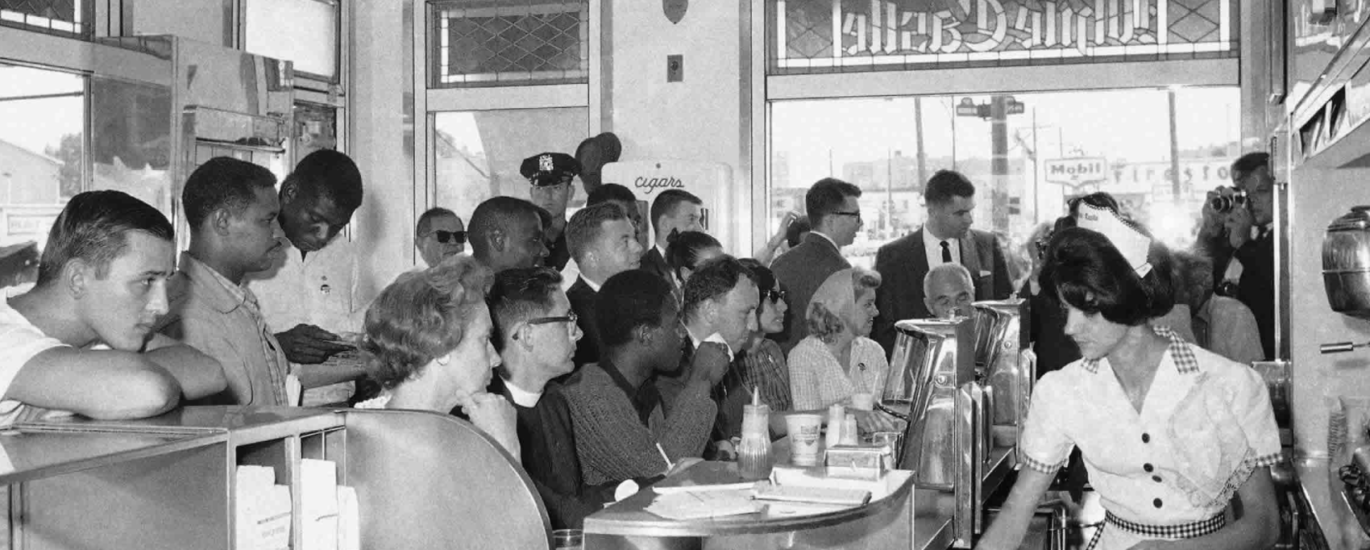“[They] deny a particular group equality of opportunity and then assert that because that group has not achieved as much as the groups enjoying complete freedom of opportunity it is obviously inferior and can never do as well.”
– Murray and Eastwood, “Jane Crow and the Law”
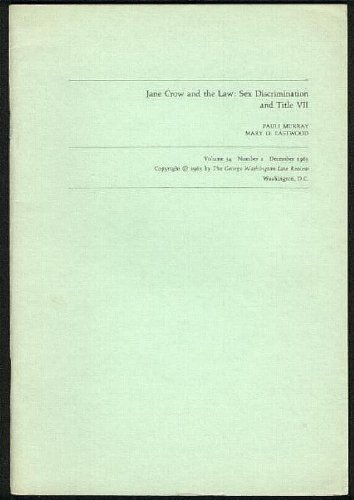
The Book
“Jane Crow and the Law: Sex Discrimination and Title VII” was written by Pauli Murray and Mary Eastwood in 1965. It was published by the George Washington University Law Review in response to the Civil Rights Act, which had been passed the year before in 1964, and it questions the extent to which the Constitution protects against gender discrimination, and the “interpretation of the sex discrimination provisions of the equal employment opportunity title of the Civil Rights Act of 1964.” Ruth Bader Ginsburg later read the article at the American Civil Liberties Union to convince the Supreme Court that the Equal Protection Clause does indeed apply to women.
“The genius of the American constitution is its capacity, through judicial interpretation, for growth and adaptation to changing conditions and human values.”
– “Jane Crow”
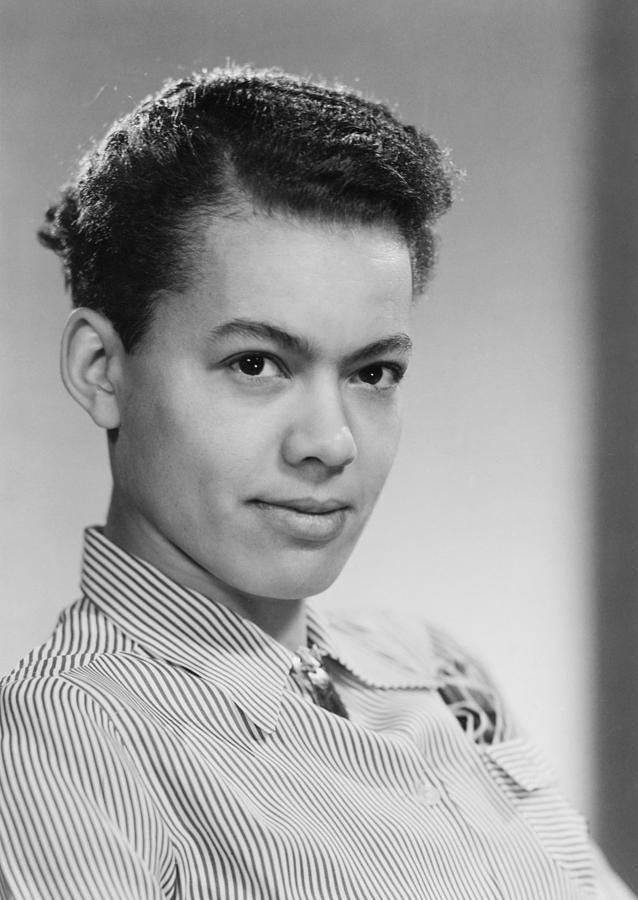
The Authors
Pauli Murray was born on November 20, 1910 in Baltimore, Maryland. Both sides of her family were of mixed racial origins, and her family identified as Black. After Murray’s mother died and her father began to have emotional problems, Murray was sent to Durham, North Carolina to her aunts. At age 13, her father died as well, and at age 16 Murray moved to New York. In 1933, Murray graduated Hunter College with an English degree, but was rejected from the University of North Carolina in 1938 due to her being Black. Instead, Murray began a long career in civil rights activism and graduated first in her class from Howard University Law School. Throughout her life and career as a lawyer, Murray questioned the sexism within the civil rights movement, developing a feminist critique she called “Jane Crow”. In 1977, she became the first Black woman to be ordained as an Episcopal priest, and in July 1985 passed away from pancreatic cancer. Murray had relationships with both men and women, and questioned her gender and sexuality often. Many scholars today agree that Murray was likely transgender, but as Murray used she/her pronouns during her life, we will do so as well.
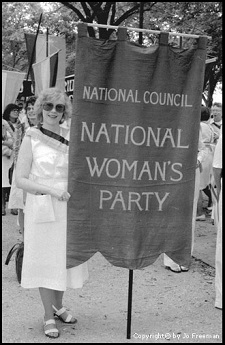
Mary O. Eastwood was born on June 1, 1930. She was a white woman, a lawyer, and a lifelong civil rights advocate. In 1955, Eastwood graduated from the University of Wisconsin Law School and then moved to Washington, D.C. She joined the Justice Department’s Office of Legal Counsel, serving as an attorney advisor and later as an equal opportunity advisor. In 1965, Eastwood and Pauli Murray published the landmark article, “Jane Crow and the Law: Sex Discrimination and Title VII”, in the George Washington Law Review. In 1966, Eastwood was one of the 28 women who founded the National Organization for Women. These women were inspired to start “NOW” because although Title VII of the Civil Rights Act of 1964 had been passed, it was not being enforced. Eastwood was part of NOW’s first Legal Committee, and she helped to organize a picket of the Equal Employment Opportunity Commission in protest of their sex-segregated Help Wanted ads. She continued to work for civil rights and women’s rights throughout her life, and passed away on October 10, 2015.
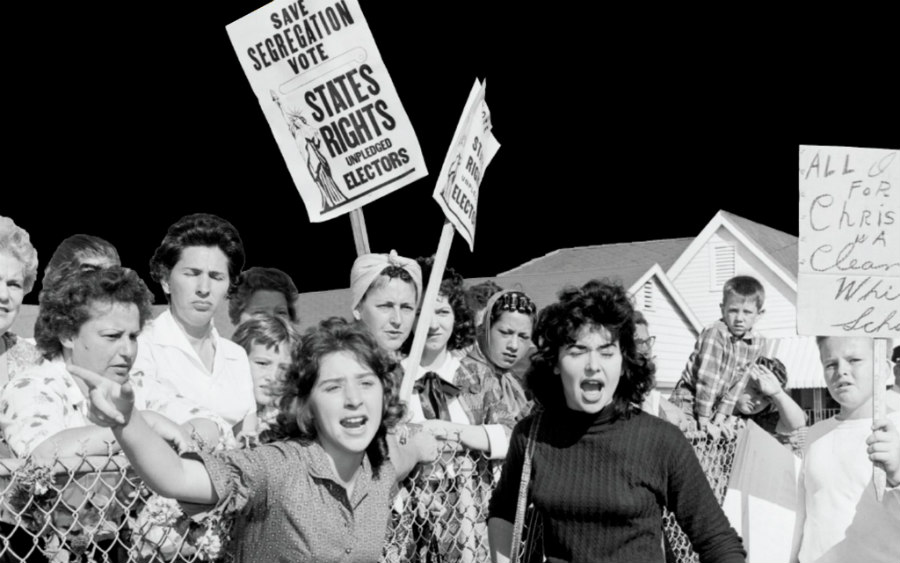
“Until the enactment of the Civil Rights Act of 1964, ‘sex’ generally had not been included with ‘race, color, religion and national origin’ in federal laws and regulations designed to eliminate discrimination…The addition of ‘sex’ to Title VII of the Civil Rights Act…represents an important step toward implementation of our commitment to human rights.”
– “Jane Crow”
Our Guest
Rochelle Briscoe
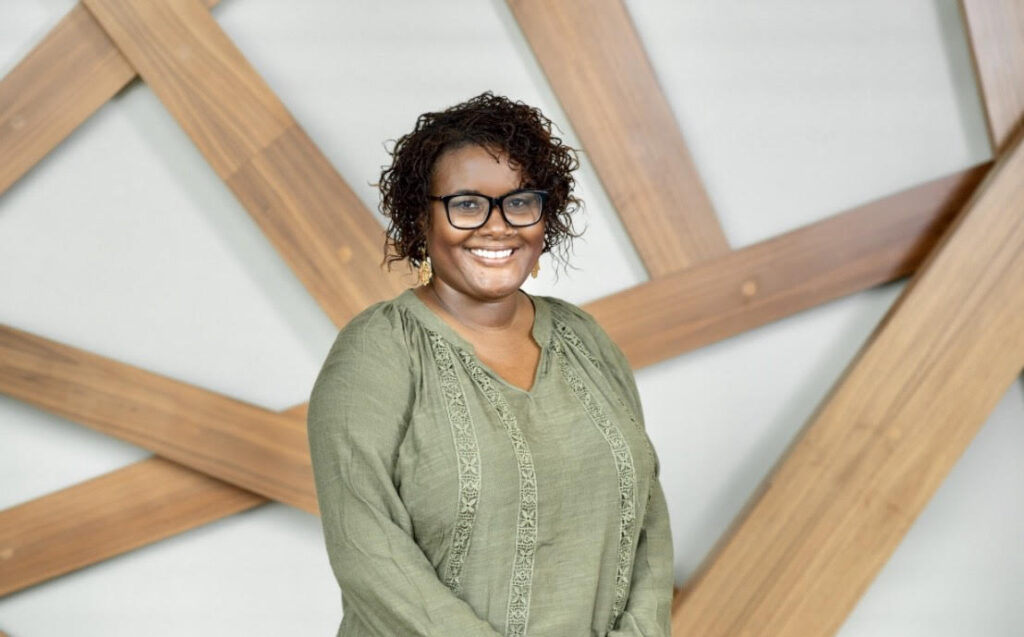
Rochelle Briscoe is a legal and policy wonk, who is passionate about improving the global landscape! Rochelle has always been struck by the central role strong, yet underrepresented, leaders play in the success of businesses and teams. For more than a decade she practiced law in New York, Chicago, Los Angeles, and Washington, DC. In 2016, Rochelle joined Google’s Leadership Team, and from 2013 to 2016 Rochelle led the selection and recruitment of senior presidential appointments for the United States Government while serving as special assistant to President Obama in the Office of Presidential Personnel. Currently, Rochelle is YouTube’s Tech People Person and Chief of Staff to its Black Board of Advisors.
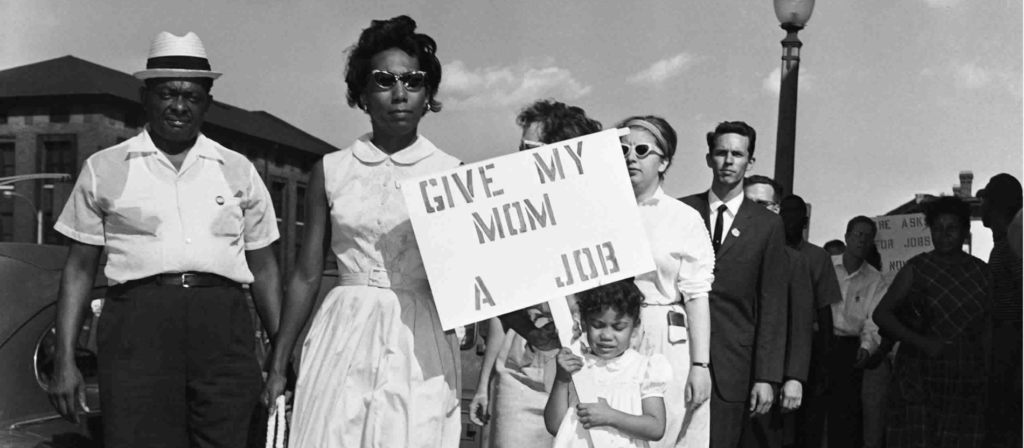
“I have been increasingly perturbed over the blatant disparity between the major role which Negro women have played and are playing in the crucial grassroots levels of our struggle and the minor role of leadership they have been assigned in the national policy-making decisions. It is indefensible to call a national march on Washington and send out a call which contains the name of not a single woman leader.”
– Pauli Murray
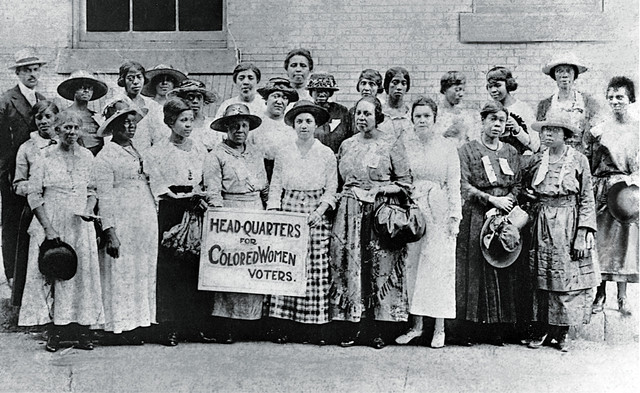
Amy’s Takeaways
Although this project is centered on texts and not on people, in this case my main takeaway is reverent admiration for the visionary Pauli Murray. Her childhood was filled with unimaginable tragedy. She was Black, growing up in the segregated South. She was a woman in a time of extreme sexism. And she was queer, . Every message around her told her to shrink, to disappear. And yet she had something inside her telling her that it wasn’t her that was the problem – it was the world, and that she could change it. And she did. Please read more about this incredible woman if you haven’t already. My other takeaway, as I read “Jane Crow and the Law”, was the excruciating work that women have had to do to convince men (and some women) that women are human beings, worthy of equal protections and status. It can feel exhausting. It can feel infuriating. And the work goes on. One consolation, I suppose, is reading the hard-fought baby steps made by these heroes, and seeing the gains they made so that we can continue the fight.

Listen to the Episode
&
Share your Comments with us below!

